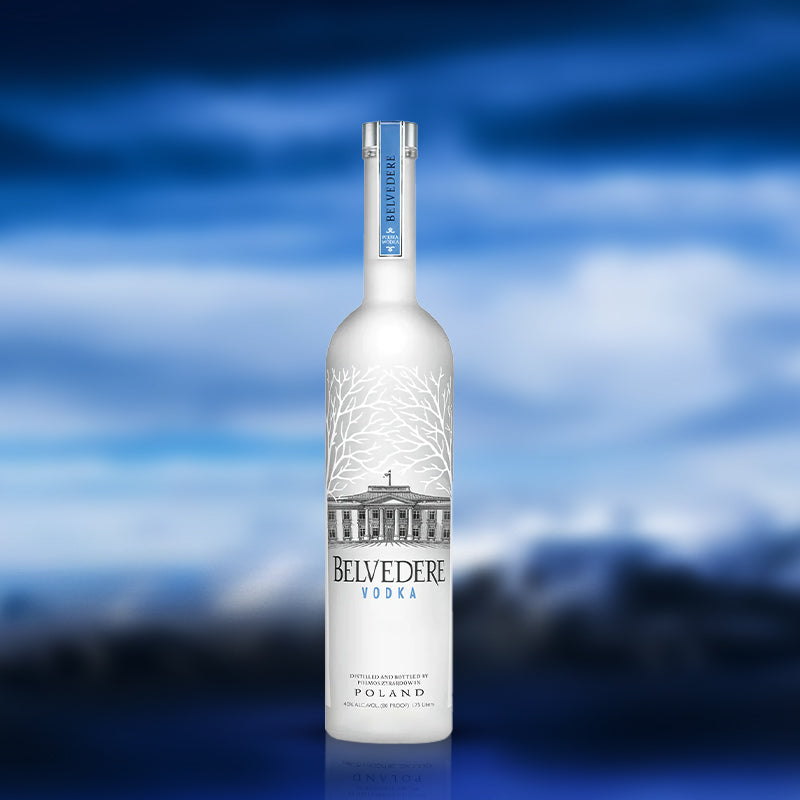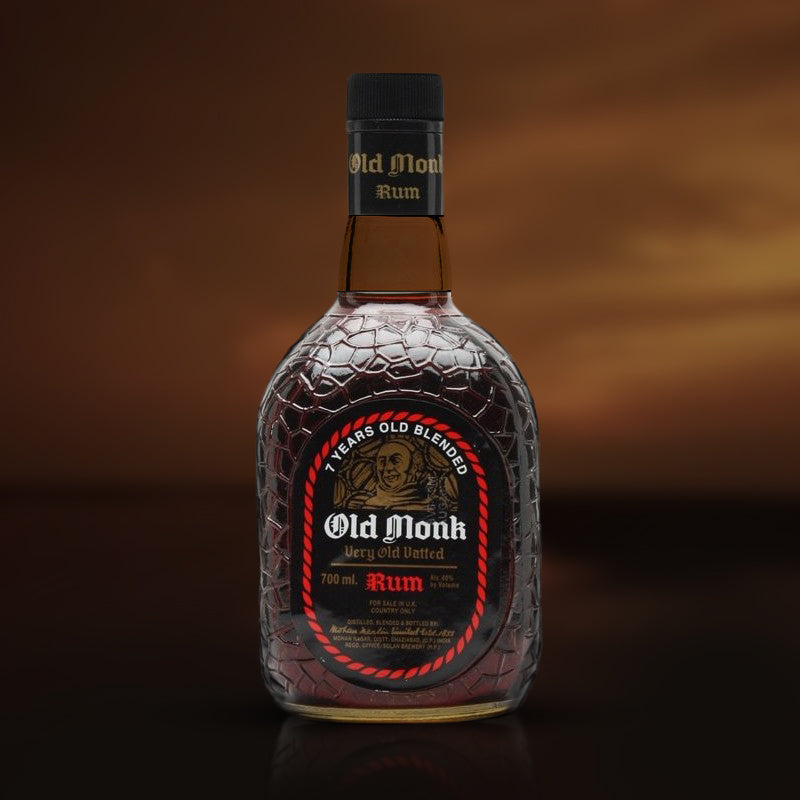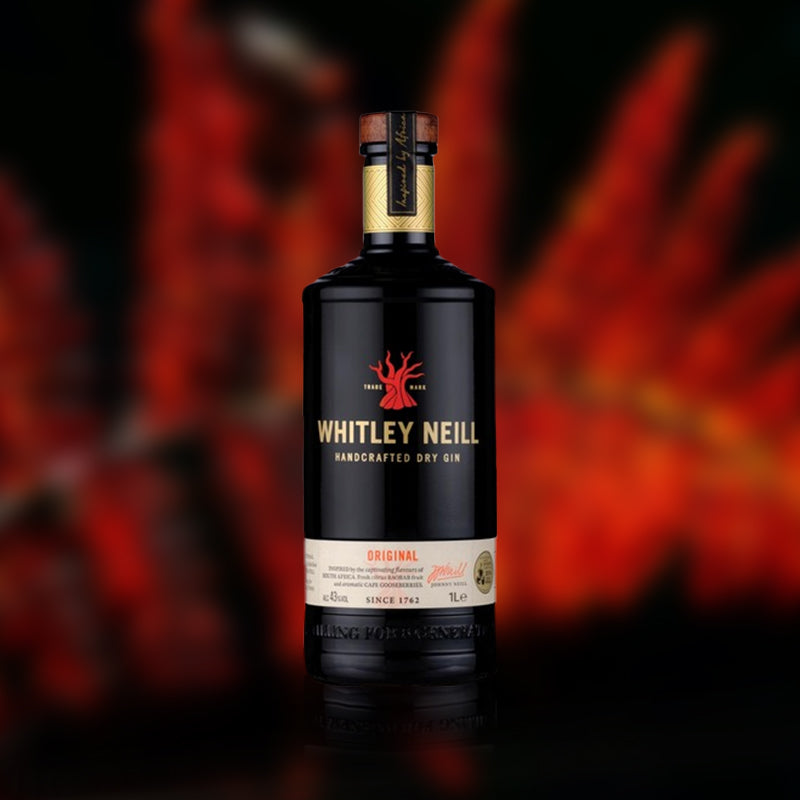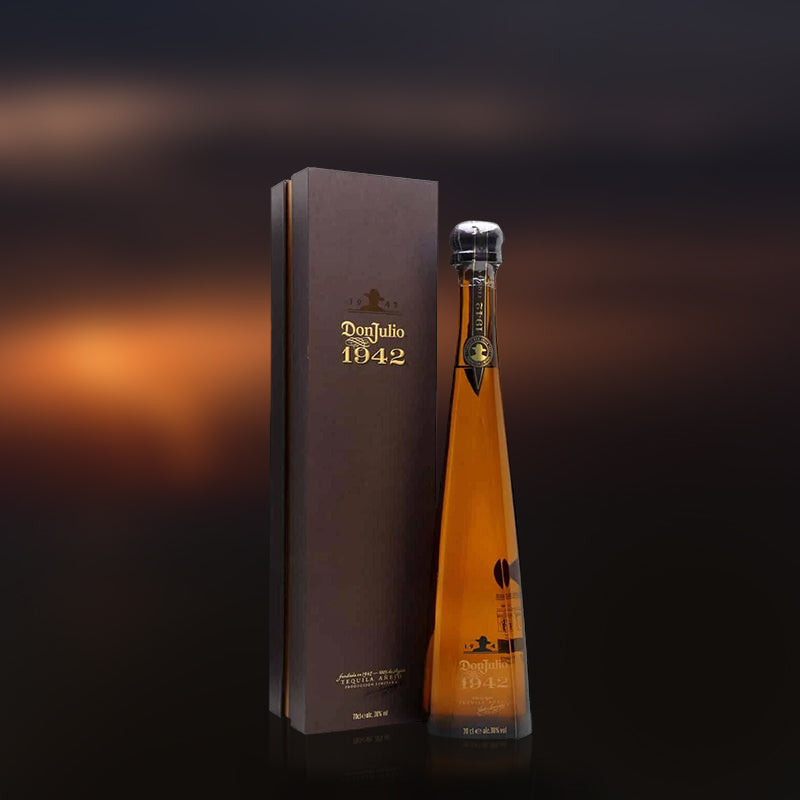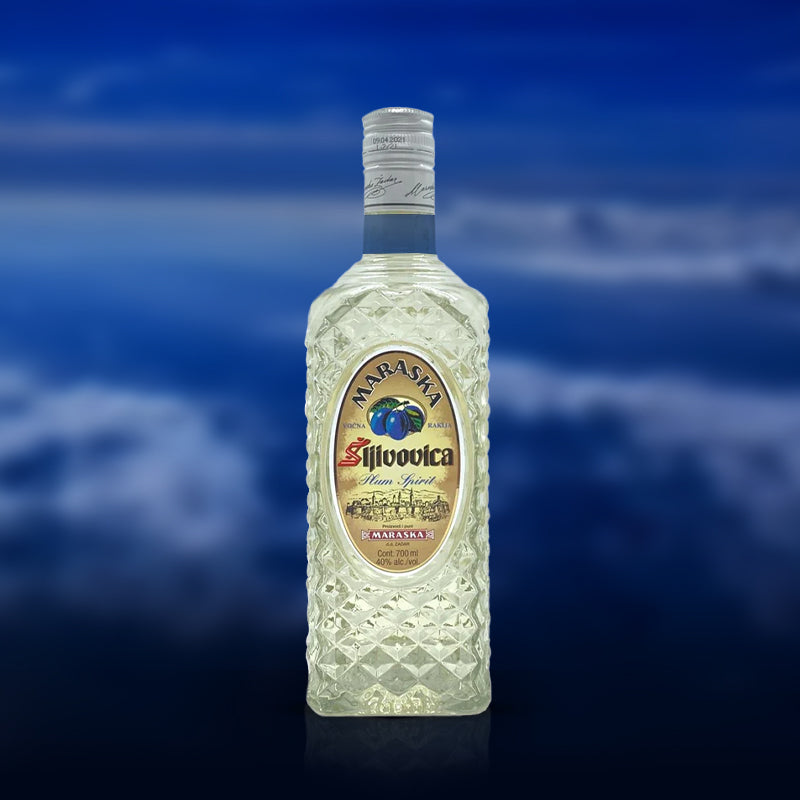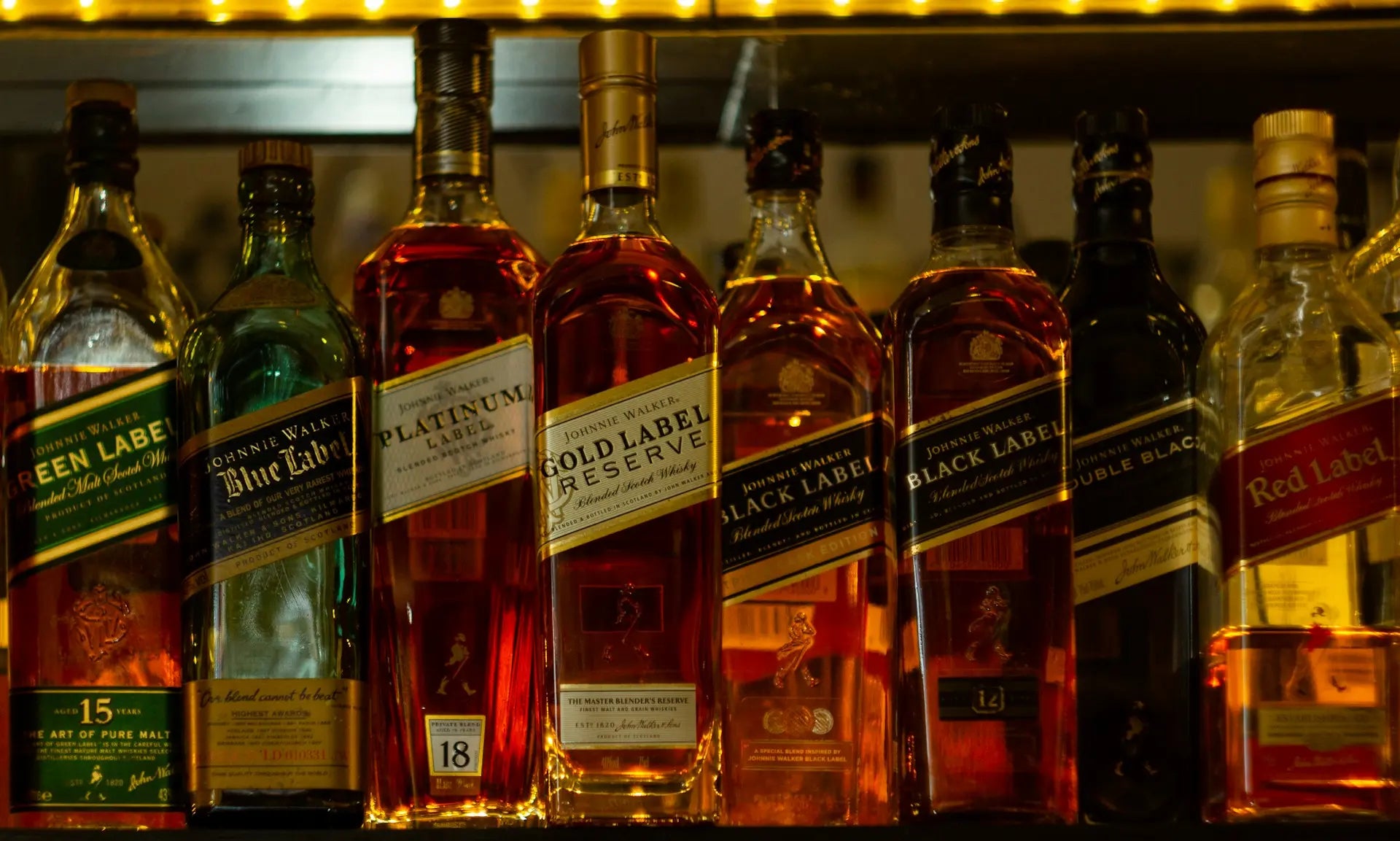You might be wondering about the production and nuances of the spirit. We are here to shed some light on these burning questions. Here are the answers to five common queries-
1. What makes whisky and bourbon diverse?
Both of them are made from fermented grains. Their differences are due to a few factors. Bourbon is a whisky type. It can only be made exclusively in the United States. It should be made from a mash bill of fifty one percent corn. It should be matured in charred oak barrels. The ageing process should be not less than two years.
But this is not the case with whisky. It can be made from any grain type. It can be produced in any country. It does not have any specific time for ageing.
2. How does the ageing process affect the flavour of a spirit?
Ageing is a critical step in the production of many spirits. This is because it imparts flavours and aromas. The climate/type of barrel and length of time all play a pivotal role.
For example- Suppose a Bourbon is aged in new charred oak barrels. It will develop vanilla and oak notes.
3. What role does a terroir play in the production process?
It influences the taste of wine. Similarly, it can also impact the taste of spirits. The climate, soil and local ingredients can contribute to the unique character of a particular spirit.
For example- Scotch whisky produced in the Highlands will have a different flavour profile. And the one made in the Lowlands will be different. This is due to variations in climate and water resources.
4. How does the distillation process affect the taste of alcohol?
This is an important step in the production of spirits. It separates the alcohol from the other components. The type of still used and the number of times the spirit is distilled is very important. It can influence the final flavour.
For example- A pot still distillation will produce a more complex spirit. It will have a wider range of flavours. But a column still distillation will result in a cleaner spirit. It will be more neutral.
5. How beer styles are evolving to meet changing consumer preferences?
The craft beer industry has become more popular now. It is driven by consumers' desire for more flavourful and experimental brews. Breweries are responding well to this trend. They are experimenting with hop varieties and yeast strains. New ageing techniques are being used, too.
To sign off
The world of spirits is very interesting. Along with a variety of flavours, it has a long history. For every individual, there is something. We hope we were able to provide some answers. You now recognise the level of skill required to create these popular drinks.







